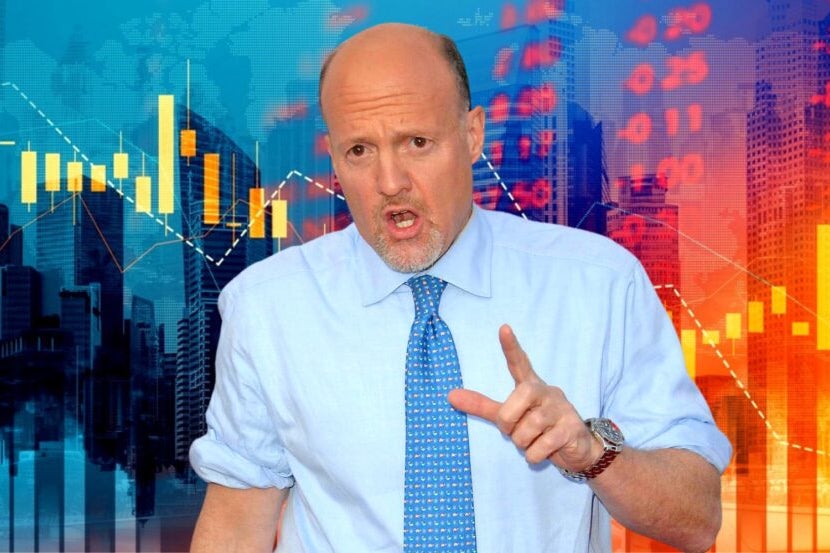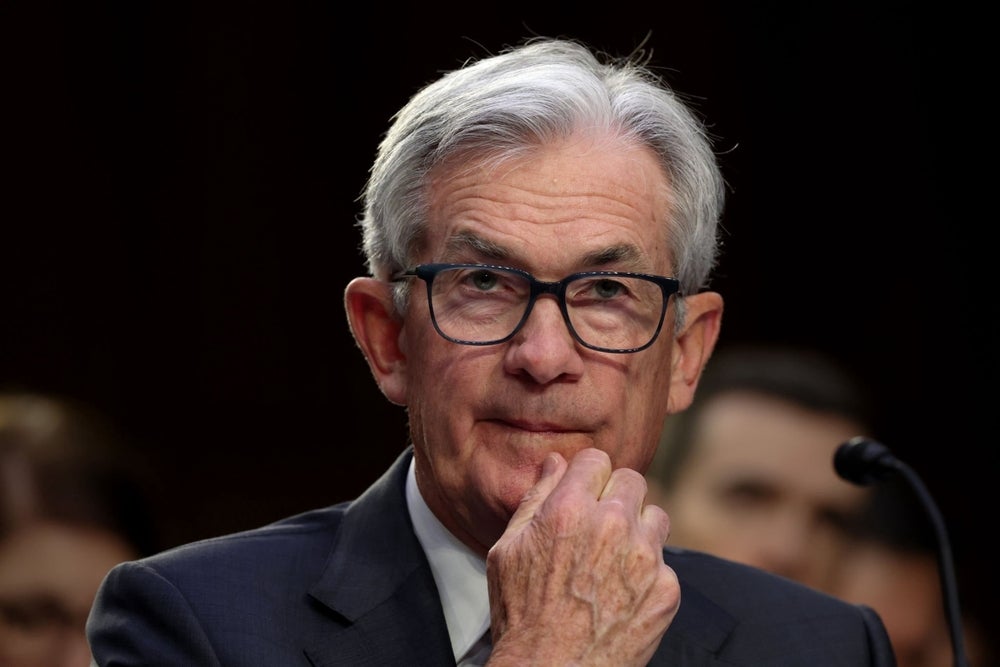Dave Ramsden, Deputy Governor for Markets and Banking at the Bank of England, speaks at a press conference in the City of London, Britain. 1st of November, 2018. Pool/Kirsty O’Connor REUTERS via (Reuters) – LONDON, July 14 (Reuters) – As Britain’s economy recovers from its COVID recession, Deputy Governor Dave Ramsden said the Bank of England may begin to consider withdrawing its massive monetary stimulus sooner than he had anticipated due to rising inflation pressures. Ramsden said British inflation may soar as high as 4% “for a spell later this year” – double the BoE’s target – and the forces driving it up might take some time to cool off in a speech that revealed rising concerns at the top of the central bank about price pressures. British inflation touched 2.5 percent in the year to June, according to official figures released earlier on Wednesday. find out more Inflation in the United States has accelerated even more, reaching 5.4 percent in June, the highest level in 13 years. find out more The Federal Reserve’s senior executives have stated that if inflation threats increase, they are prepared to act. In a speech, Ramsden predicted that Britain’s economy would regain its pre-pandemic size in the current quarter, thanks to huge fiscal support from Finance Minister Rishi Sunak, as well as the Bank of England’s ultra-low 0.1 percent benchmark interest rate and nearly 900 billion pound bond-buying program. The Bank of England predicted in May that the economy will only surpass its late-2019 size in the fourth quarter of 2021. According to Ramsden, the rate of recovery from the UK’s 10% economic disaster in 2020, as well as concerns about spare capacity being insufficient to absorb pricing pressures, suggest the BoE is getting closer to its conditions for cutting back its stimulus. The Monetary Policy Committee of the central bank has stated that it will not tighten monetary policy unless there is clear evidence of significant progress in removing spare capacity and reaching the 2 percent inflation objective on a long-term basis. “Based on the rapid pace of developments since we published our May predictions and the shift in the balance of risks,” Ramsden told the Strand Group, “I may envisage those requirements for considering tightening being met rather sooner than I had previously envisaged.” “That reflects my current judgement that my inflationary scenario outweighs my disinflationary scenario on balance,” he said. Earlier on Wednesday, financial markets predicted that the Bank of England would raise interest rates for the first time in August 2022, to 0.25 percent. Ramsden said it was “essential to stress here that ‘transitory’ does not mean ‘here today, gone tomorrow'” while supporting the BoE’s view that the rise in inflation would likely be brief. He admitted that the spread of COVID, which has recently intensified in the UK, posed “clear and present” threats to the British economy, and that it was too early to rule out a possible easing of inflation pressures as a result of a resurgence of the pandemic. But, he added, inflation might be more persistent if the next loosening of social-discrimination restrictions boosts consumer and business confidence while the post-lockdown bottlenecks that have pushed up prices endure. Andy Haldane, the central bank’s top economist, was the only one of the MPC’s nine members to vote in favor of reducing the BoE’s 895 billion pound bond-buying program since the pandemic. He has subsequently stepped down. On Aug. 5, the MPC’s temporary eight-member panel will present its latest economic assessment and monetary policy choices. Another BoE deputy governor, Jon Cunliffe, said earlier on Wednesday that the recent rise in British inflation was just a blip on the radar as the economy reopened from lockdowns, and that the BoE will assess its likely durability next month. William Schomberg wrote the piece, while Kate Holton, Alistair Bell, and Toby Chopra edited it. The Thomson Reuters Trust Principles are our standards./n
Read MoreRising inflation risks might hasten BoE towards action -Ramsden
2021-07-14T17:29:28-04:00July 14th, 2021|





